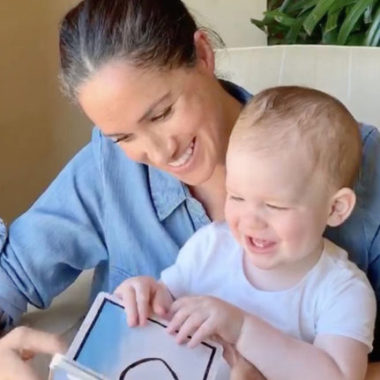When a mom has a new baby, one of the first decisions she has to make is how to feed the baby. Breastfeeding is rightly seen as a natural and beneficial option for mother and baby alike, but unfortunately, there can be a negative stigma attached to it if the mom is not able to make enough milk or is not able to breastfeed for any reason.
This stigma can be especially hard for new moms who may feel like they have somehow failed or not lived up to expectations by not being able to breastfeed. But the truth is that it’s OK if you can’t breastfeed. You are not alone, and there are plenty of other options available. There are lots of moms who have been in the same position and who have gone on to have wonderful experiences with their babies despite not being able to breastfeed.
Whether or not you choose to breastfeed can depend on lots of things, such as how you personally feel about it, the support you have from family and friends, or even if you need to be taking certain medications. Whatever your reason, it’s ok.
The most important thing is that your baby is healthy, happy, and well-nourished. Not breastfeeding doesn’t make you any less of a mom, and you shouldn’t feel like you have to justify your decision.
If you’re not breastfeeding your baby, you’ll need to feed them formula milk. There are lots of different types of formula milk available in supermarkets, pharmacies, and online. It’s important that you choose the right type for your baby’s age and health needs. Your doctor can help you decide which formula milk is best for your baby.
When it comes to feeding your baby formula milk, there are some things you need to remember. Firstly, make sure that you always use a sterilized bottle, so that your baby isn’t exposed to any bacteria. Secondly, it’s really important that you get the measurements of milk and water correct when making up the formula feed. Too much water can be dangerous for your baby and too little milk won’t give them the nutrients they need. The instructions on the formula milk packaging can help you get the measurements right.
Finally, the decision of whether or not to breastfeed is a personal one. Do your research, consult with your healthcare provider, and get the necessary support to make an informed decision that works best for you and your baby. It’s also important to acknowledge that not breastfeeding doesn’t have to be a mark of shame. It doesn’t mean you don’t care about your baby or that you don’t love them. There are various reasons why a woman might not be able to breastfeed or decide that formula is the better option for her.
At the end of the day, there is no one-size-fits-all answer when it comes to feeding your baby. Whether you decide to breastfeed or formula feed, you are doing what’s best for your baby and what’s best for you—and that’s all that matters.
- How Setting Postpartum Boundaries made me lose my brother - February 6, 2025
- How To Revive Your Sex Life After Baby - October 17, 2023
- The Sona App Aims To Make Your Child “Sleep Like A Baby” And We Tested It - May 14, 2023








